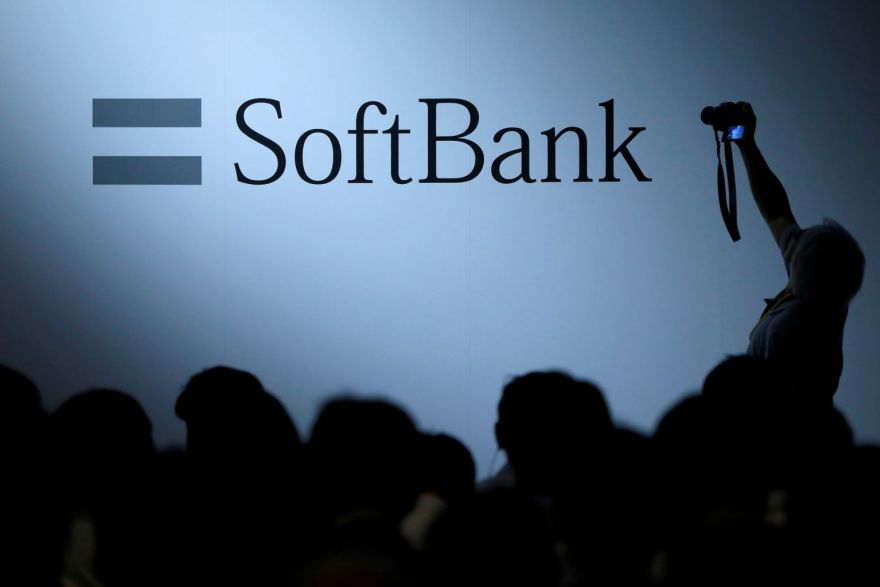SoftBank plans to let the deadline to buy $3 billion in WeWork shares expire without completing the agreement.

SoftBank Group Corp. is scrapping an agreement to spend $3 billion to buy WeWork stock from former Chief Executive Officer Adam Neumann and other shareholders, despite threats of legal action from some members of the company’s board.
SoftBank had agreed to buy the shares from Neumann, Benchmark Capital and others as part of a bailout package last year, but notified stockholders in mid-March that conditions for the deal hadn’t been met. The deal’s deadline is 11:59 p.m. New York time.
“The Special Committee of the Board of Directors of WeWork has been advised by SoftBank, the controlling shareholder of WeWork, that it will not consummate the tender offer which it agreed to in October of 2019,” the committee, made up of Benchmark’s Bruce Dunlevie and another director, Lew Frankfort, said in an emailed statement. “The Special Committee is surprised and disappointed at this development, and remains committed to reaching a resolution that is in the best interest of WeWork and its minority shareholders, including WeWork’s employees and former employees. The Special Committee will evaluate all of its legal options, including litigation.”
SoftBank shares rose as much as 2.5% while the broader Japan market fell. The company didn’t respond to requests for comment.
The share purchase was hammered out in October as part of SoftBank’s rescue of WeWork, after the co-working company’s failed initial public offering left it weeks away from running out of money. In the deal, the Japanese conglomerate would have taken a stake of almost 80% in the company and buy $3 billion in shares from investors as well as current and former employees. Neumann, ousted in the deal, was set to sell up to $970 million in shares. The generous exit package angered many of his employees, thousands of whom had their jobs eliminated in the following months as WeWork parent We Co. tried to cut its expenses.
WeWork signs long-term leases with landlords around the world and then rents that space to smaller companies and freelance workers, a business that has been particularly vulnerable to the coronavirus and economic slowdown. In a letter to bondholders, the company warned it didn’t expect to hit its financial targets for 2020.
In the past few weeks, the shareholder buyout deal has become increasingly contentious. SoftBank sent a letter to WeWork investors saying it could withdraw from the agreement if certain conditions weren’t met by the deadline. SoftBank cited regulatory concerns and a handful of government investigations into WeWork, including from the U.S. Securities and Exchange Commission and the Justice Department.
“Neither SoftBank nor the company can offer any assurances regarding the scope of these investigations, the nature of any actions that these or other regulatory parties will take, or the timing within which they will be resolved,” the Japanese company said in its letter, arguing it has no obligation to complete the tender offer.
The two WeWork independent board directors responded, saying they would consider legal action if SoftBank pulled out. “Its excuses for not trying to close are inappropriate and dishonest,” a spokeswoman for the directors had said in a statement.
The latest deal is separate from SoftBank’s bailout of WeWork itself, a package that included $5 billion in new financing and the acceleration of an earlier $1.5 billion commitment. Most of the money would have gone to five shareholders, including Neumann and the venture capital firm Benchmark, which was looking to sell $600 million in shares, Bloomberg has reported. Less than 10% of the proceeds would have gone to current WeWork employees, SoftBank has said.
Still, the transaction has repercussions for WeWork. As part of the deal, the company would have received $1.1 billion in debt financing from SoftBank only if the share purchase is completed.
Separately, SoftBank said it completed the sale of its U.S. unit Sprint Corp. to T-Mobile US Inc. The deal removes about $40 billion in net debt from the Japanese conglomerate’s balance sheet.
Read more: WeWork Asks Landlords to Help It Cut Its Rent Bill by Up to 30%